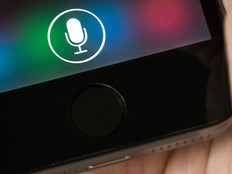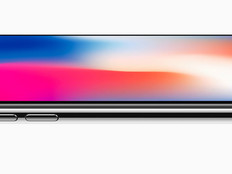Its $1 Trillion Future Proves Mobile Technology Is Here to Stay
It’s time to face the facts: Mobile technology is the real deal. Not just a so-so substitute for traditional computing, it has clearly established itself as an essential part of the modern workforce.
While the death of the desktop PC may be an overwrought claim to some, there’s no denying that more workers rely on mobile technology to do their jobs. Perhaps the best evidence of just how essential this technology has become to companies is the amount of money businesses are on track to spend on it in the next three years. Are you ready for the number? Because it’s a doozy.
According to IDC’s report “Empowering the Workforce for Business Transformation,” companies worldwide are forecast to spend $1.2 trillion on mobile tech in 2019, reports WirelessWeek. In 2014, businesses spent an estimated $901 billion.
And this spending growth applies to all sectors and industries, although it is expected to be particularly solid in the manufacturing sector.
“More than ever, mobile technologies are empowering workers across industries to connect, collaborate, and create new ways to operate and do business,” Jessica Goepfert, IDC’s Global Technology and Industry Research Organization program director, said in the WirelessWeek article. “It goes beyond providing a smartphone to liberate the deskbound worker. Instead, it's about utilizing mobile technology to increase sales, improve productivity, and raise customer and employee satisfaction.”
For small-business owners, mobile tech has become an essential communication tool. According to a Manta survey reported on by eMarketer in July, “80.5 percent of U.S. SBOs used their mobile devices for business once a day or more. Almost 25.3 percent used these once an hour, 11 percent between three and five times daily, and 17.3 percent nearly 10 times a day.”
The top items on small-business owners’ list of activities they do on their mobile devices include scheduling appointments, communicating with customers, writing and accessing notes and to-do lists, and social media monitoring and management.
Because mobile technology is so personal in nature, it’s not surprising that it’s fast become a primary device for work. Companies should think holistically and strategically about the mobile puzzle within their organizations, because the demand and appetite for better, more integrated mobile technology is clearly on the rise.









